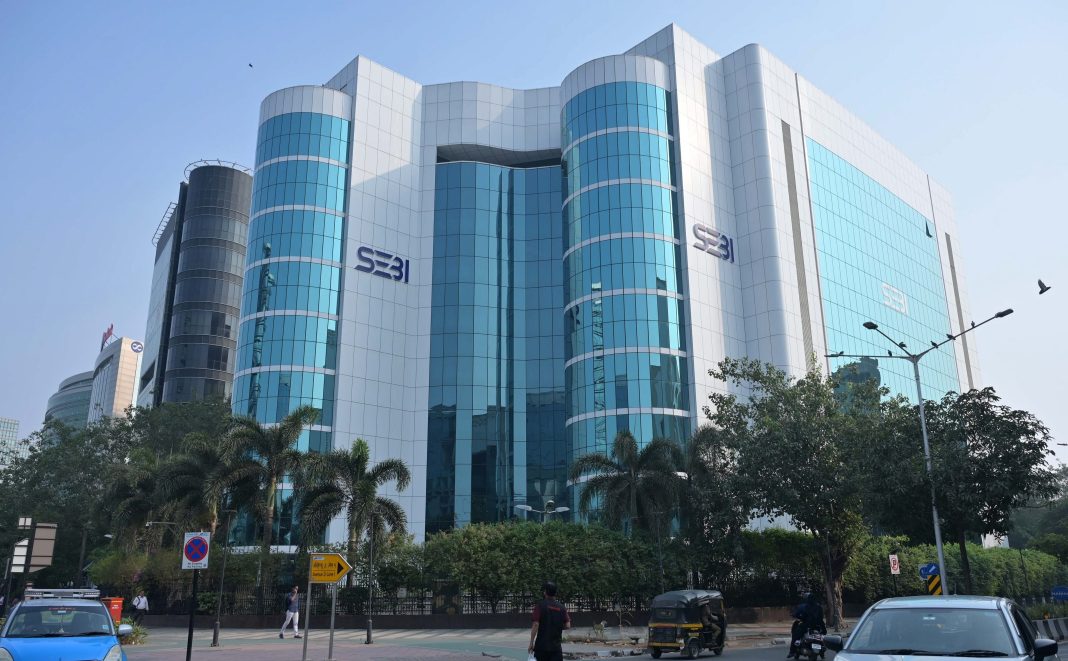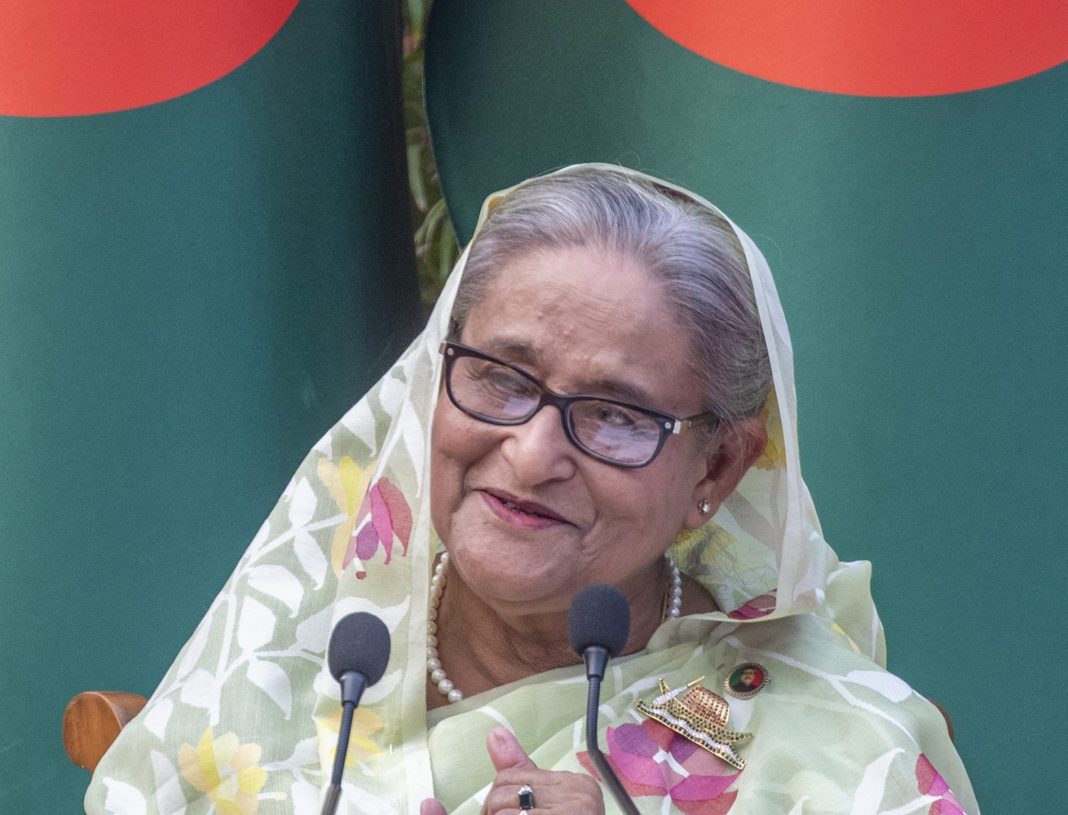The institutions entrusted with the task of fair regulation must themselves be above board and measure up to high moral standards. The Securities and Exchange Board of India (Sebi), the market regulator, must come clean on the sensational allegations of conflict of interest and violation of disclosure norms made by US-based firm, Hindenburg Research, against its chairperson Madhabi Puri Buch. Dismissing the report as malicious and defamatory is just not enough. Since the credibility of the country’s market regulator is at stake, a thorough probe must be ordered to ferret out the truth. It would be morally untenable for the chairperson to continue in the post till such an inquiry is completed. Last year too, Hindenburg Research came up with a damning report accusing the Adani group of brazen stock market manipulation and accounting fraud, triggering shock waves in the stock market and among political circles. The Supreme Court had then ruled out any CBI or court-monitored probe into the alleged revelations. The American firm, facing a show-cause notice from Sebi, is now back with a fresh report, this time targeting its chairperson. Flagging conflict of interest, Hindenburg has alleged that Buch and her husband had “hidden stakes in the exact same obscure offshore Bermuda and Mauritius funds, found in the same complex nested structure, used by Vinod Adani”. The insinuation is that the country’s market regulator, tasked with protecting the interests of investors in securities, chose to look the other way in view of a presumably commercial relationship between the Buchs and the Adanis.
Though Buch has strongly denied the allegation and asserted that all disclosures as required have already been furnished to Sebi, the question that arises is why were the disclosures not made available to the wider public when the regulator was investigating the allegations surrounding the Adani Group. The Sebi code clearly requires its board members to disclose their interests which may conflict with their duties, along with transactions of family members. It must be asked whether the regulator’s associations with parties who themselves are key players in private investment firms should also have been publicly disclosed. This matter needs to be investigated thoroughly. Failure to extract full disclosure from its board members would undermine the integrity and independence of the regulator. The central government must shed its intransigence and come forward to order an impartial probe, preferably by a Joint Parliamentary Committee, to clear the air. It would be well advised to refrain from repeating the familiar charge that the Congress and Hindenburg are in cahoots to defame the country’s image. When the market regulator itself is under a cloud, all stakeholders, including the government, need to act urgently to clear it, fully protecting its institutional autonomy. The Indian market, the world’s fourth largest in terms of market cap, needs to adhere to stringent standards.




